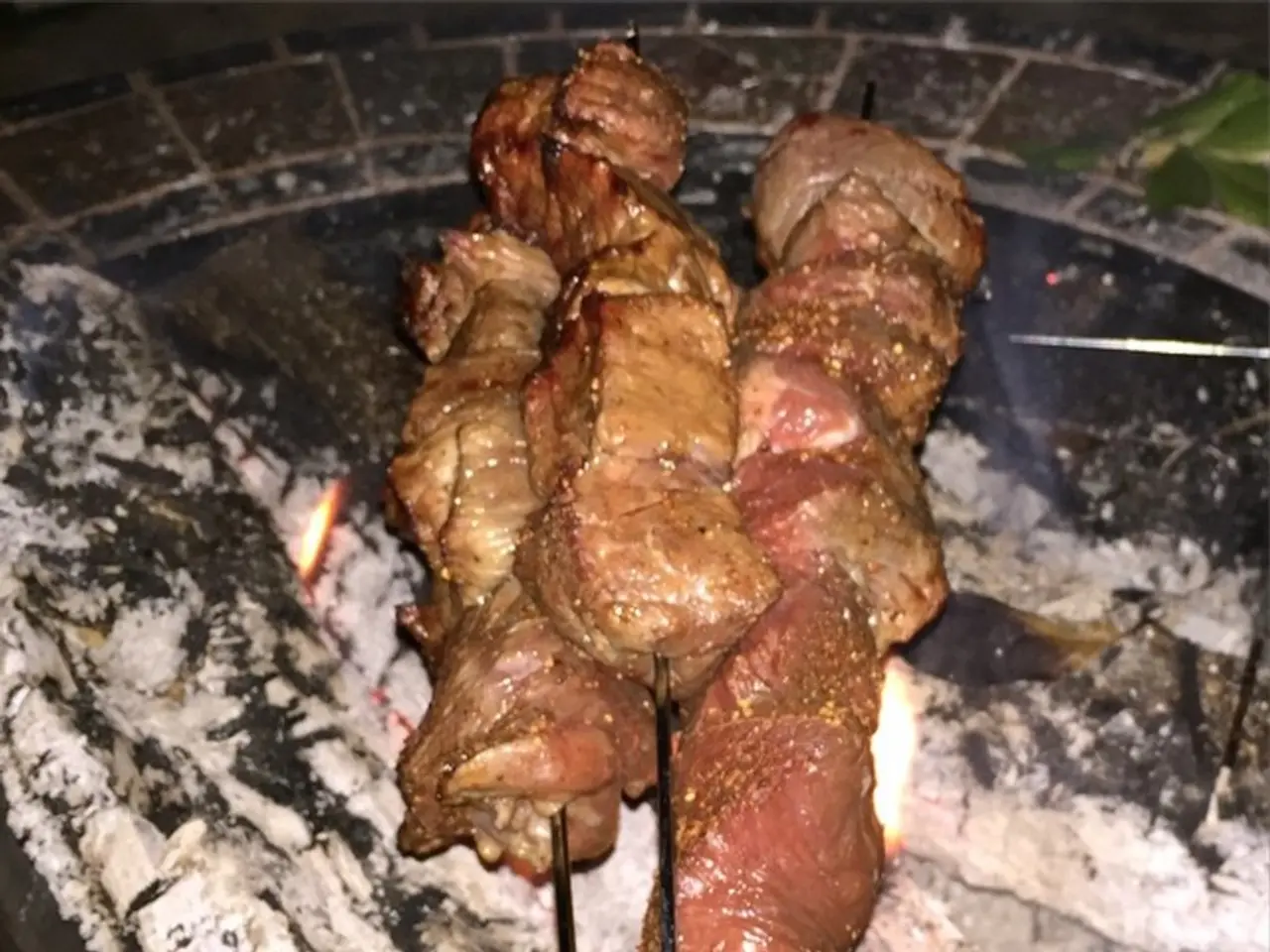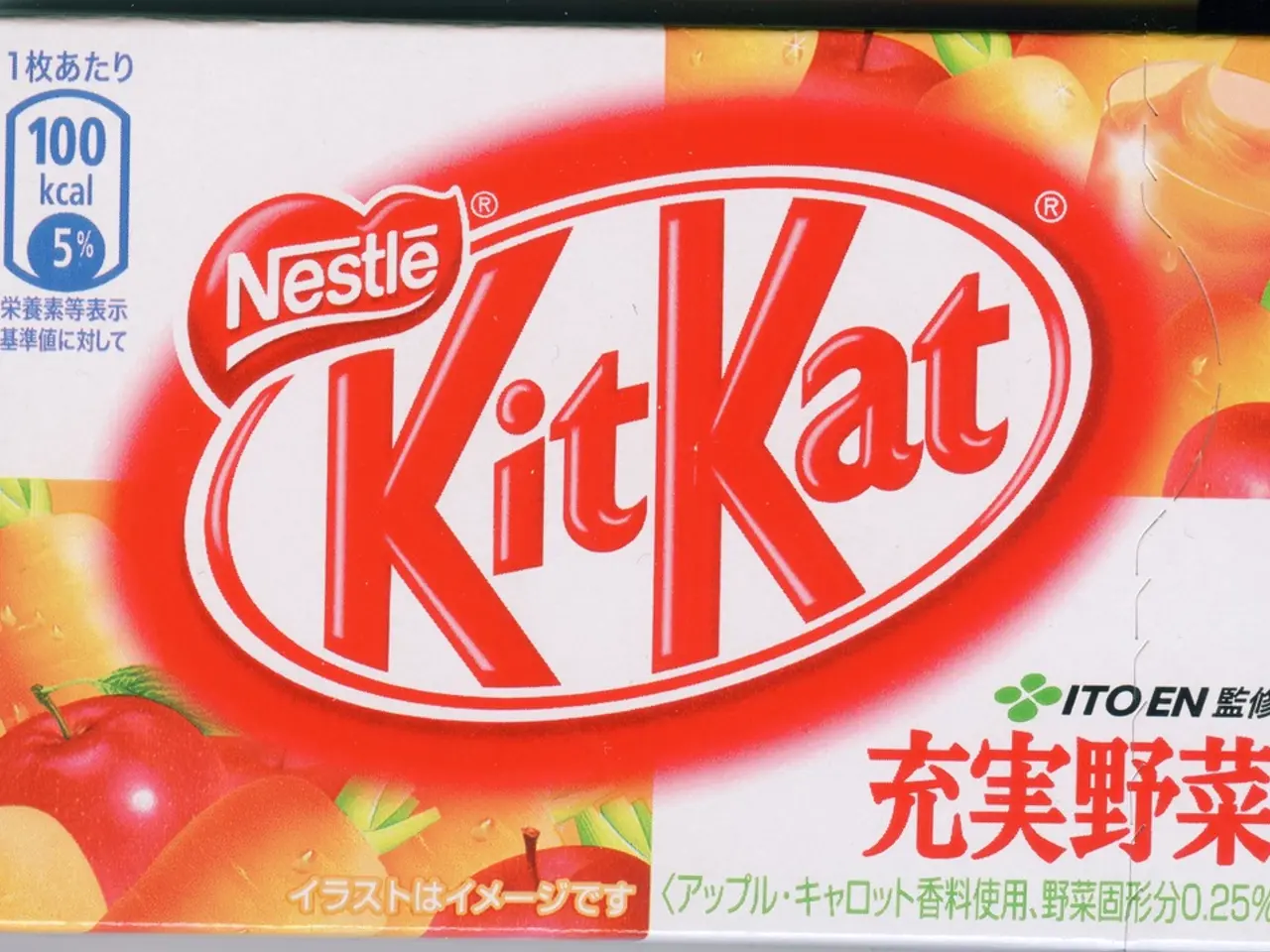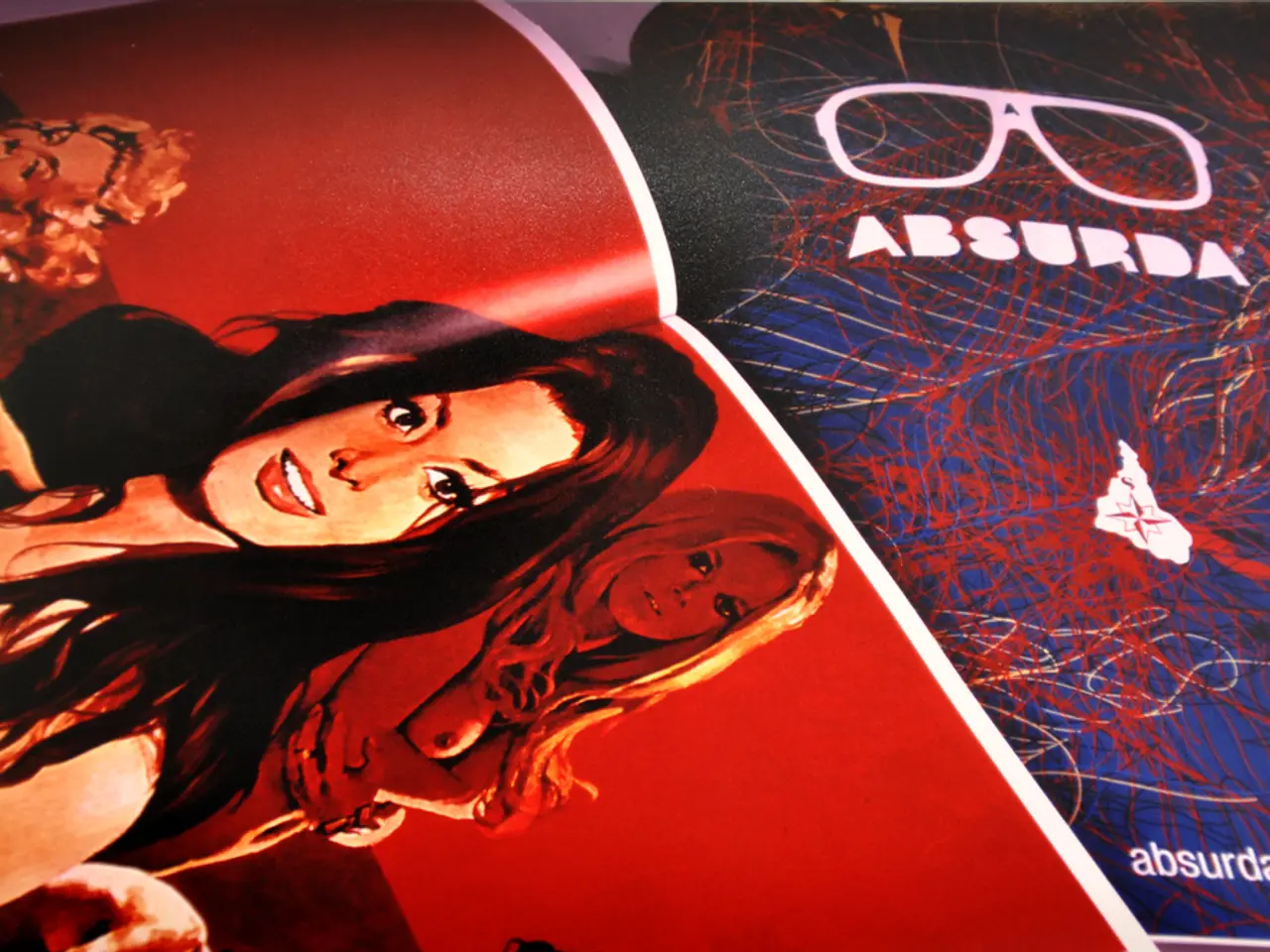Pet Food Hazards: Watch Out for Holiday Leftovers Harmful to Cats and Dogs - Emergency Measures If Consumed
**Holiday Leftovers and Pet Health: A Word of Caution**
As the holiday season approaches, it's essential to be mindful of the potential dangers that festive leftovers may pose to our beloved pets. Among the most common culprits are rich and fatty foods, such as turkey, gravy, and butter, which can trigger a condition known as pancreatitis in pets.
Pancreatitis occurs when the pancreas, an organ vital for digestion, becomes inflamed due to overstimulation by high-fat content foods. This condition can be life-threatening if left untreated, and it's important to be aware of the signs and symptoms to ensure timely veterinary care.
**Identifying Pancreatitis in Pets**
Pancreatitis in pets can manifest in both acute and chronic forms, and symptoms can vary. However, some common signs include severe lethargy, abdominal pain, vomiting, diarrhea, dehydration, hunched back or "praying position," decreased appetite, nausea, low-grade fever, and shock in severe cases.
If you suspect that your pet has consumed harmful foods or is showing symptoms of pancreatitis, it's crucial to seek veterinary care immediately. Treatment for pancreatitis often involves intravenous fluids and medications to control nausea and pain.
**Other Holiday Hazards for Pets**
While pancreatitis is a significant concern, it's not the only potential danger posed by holiday leftovers. Other toxic foods for pets include onions, garlic, chocolate, and grapes. Onions, garlic, and leeks can cause hemolytic anemia, a condition where red blood cells are destroyed. Chocolate is highly toxic to pets due to substances like theobromine, and grapes (fresh and dried raisins) can induce acute kidney failure in dogs.
A sugar substitute called Xylitol, found in many "sugar-free" products, is also highly toxic to pets. It can cause rapid insulin release and life-threatening hypoglycemia.
To keep your pets safe during the holidays, it's essential to keep tempting yet dangerous foods out of their reach and opt for veterinarian-approved treats instead. If your pet exhibits symptoms of chocolate toxicity, such as tremors or seizures, they require immediate veterinary attention.
In the spirit of the holiday season, let's ensure our pets stay safe and healthy by being mindful of what they eat and keeping potentially harmful foods out of reach. By doing so, we can all enjoy a happy and healthy holiday season with our furry friends.
- Prioritizing our pets' health is crucial, especially during the holiday season, when they might encounter harmful foods like chocolate or grapes that can induce acute kidney failure in dogs.
- To maintain a balanced health-and-wellness routine for our pets, it's vital to avoid giving them rich and fatty foods such as turkey, gravy, and butter, which can lead to pancreatitis, a potentially life-threatening condition.
- In addition to pancreatitis and toxic foods, our pets' mental-health and overall lifestyle can be affected by changes in routine during the holidays. Providing a quiet, comfortable space for them can help alleviate stress.
- Adopting a fit lifestyle with regular fitness-and-exercise routines for both ourselves and our pets is an excellent way to improve our mental-health and strengthen our bond with our pets during the holiday season and throughout the year.




